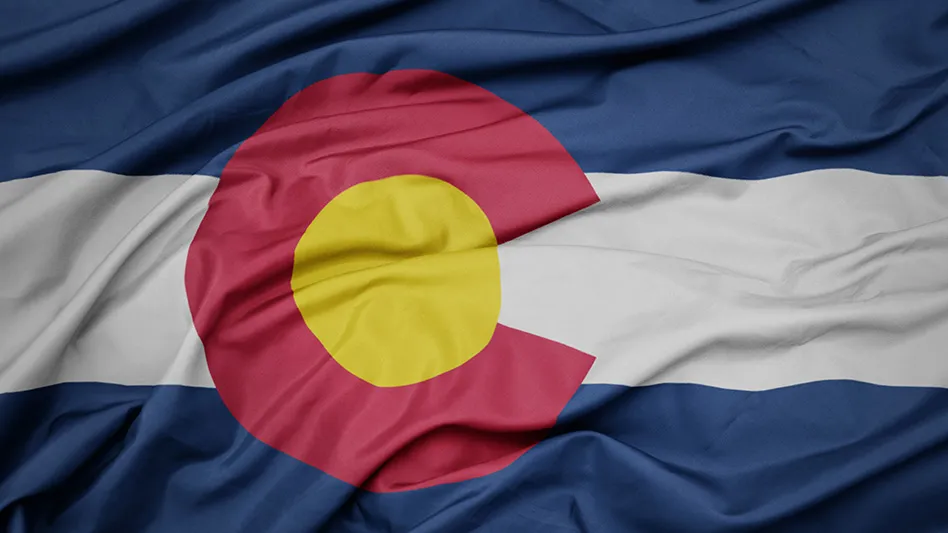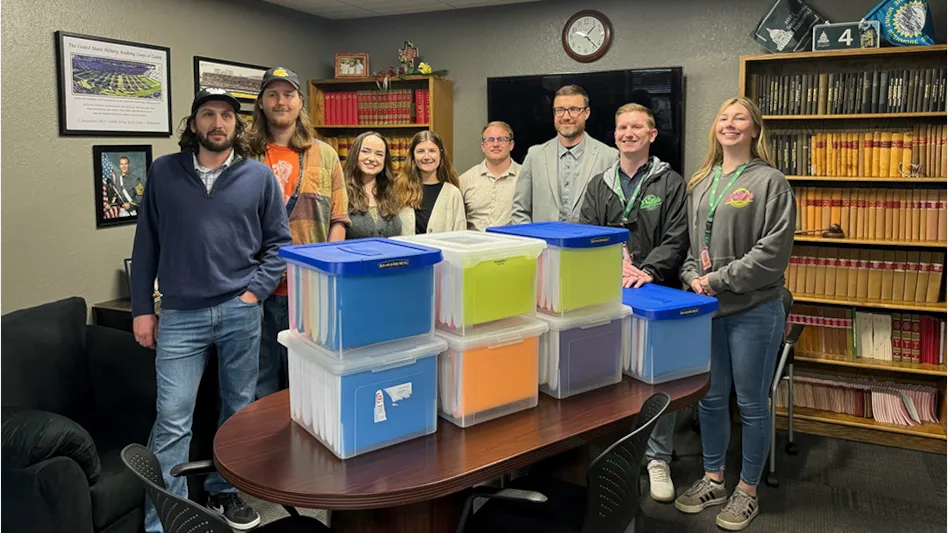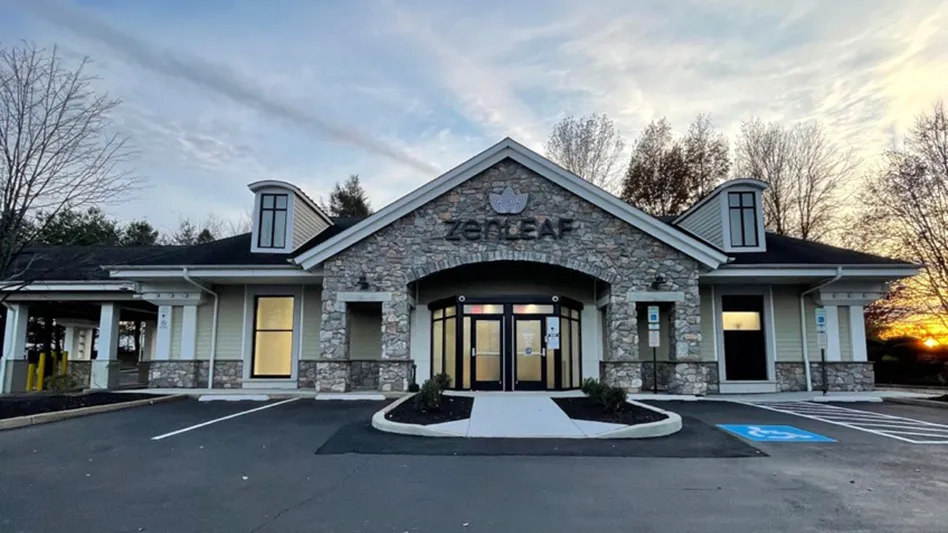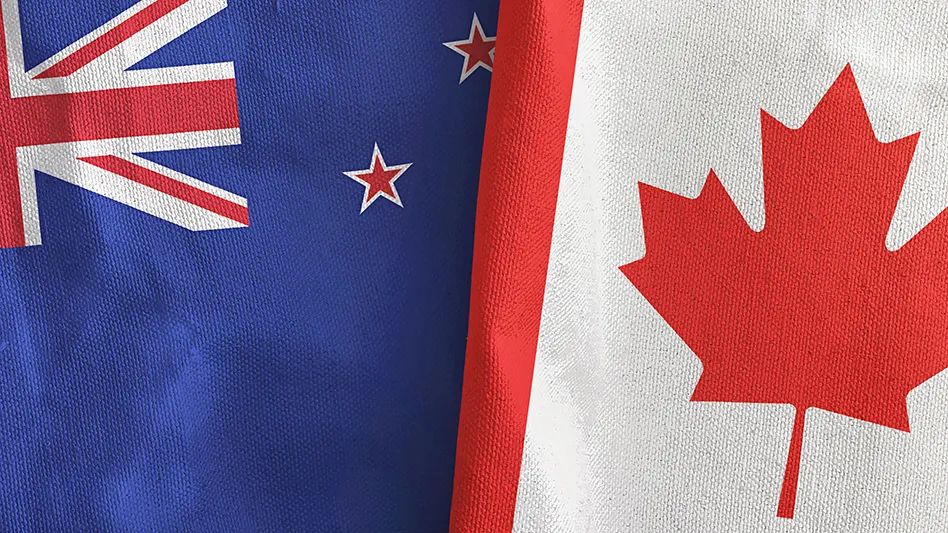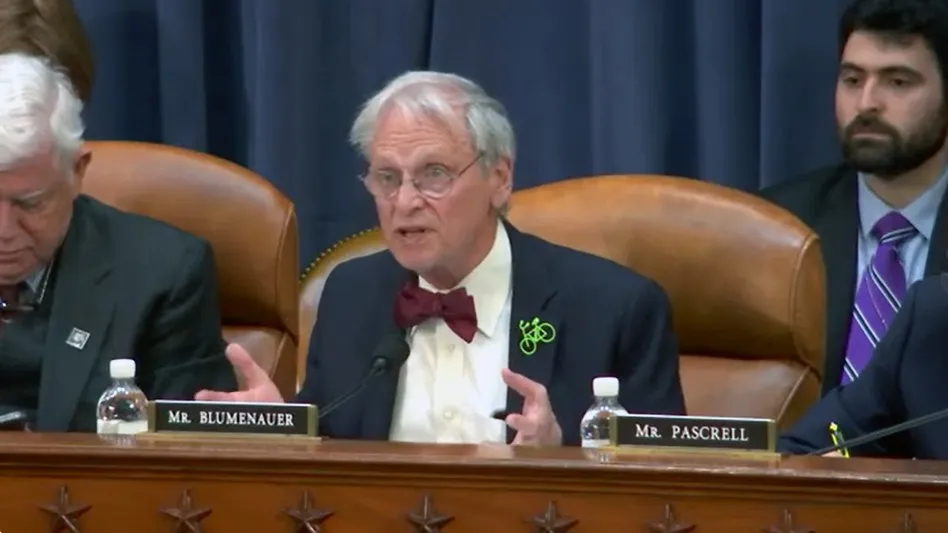
mandritoiu | Adobe Stock
Editor's note: This article was updated March 11 to include a statement from the Eastern Band of Cherokee Indians in response to the senators' letter.
The delicate relationship between a tribal nation’s sovereignty and North Carolina’s cannabis laws is now being tested by a pair of U.S. senators taking issue with a planned adult-use sales launch.
The Eastern Band of Cherokee Indians (EBCI), which controls the roughly 57,000-acre Qualla Boundary in western North Carolina, announced Feb. 28 its target date to launch adult-use cannabis sales on April 20, 2024, within its territory, as first reported by The Charlotte Observer. An industry holiday, 4/20 is the biggest sales day of the year for most cannabis retailers.
This intended sales launch comes after a 70% majority of the EBCI nation’s voters supported an adult-use cannabis ballot question in September 2023 to allow anyone 21 and older—tribe member or not—to purchase and possess cannabis in the Qualla Boundary, a territory just south of the Great Smoky Mountains National Park and roughly a two-hour car ride from Knoxville, Tenn.
RELATED: North Carolinians Could Soon Have Access to Adult-Use Cannabis Following Tribal Vote
And while “one of the roles of the federal government, since the time of this nation’s founding, has been to protect tribal nations from state regulation, intrusion, and overreach,” according to the U.S. Department of the Interior, two federal lawmakers are now asking various agencies and departments to “uphold current federal and state laws.”
U.S. Sens. Thom Tillis and Ted Budd, both Republicans of North Carolina, wrote a March 1 letter to leaders in the U.S. Drug Enforcement Administration (DEA), Department of Justice (DOJ), Department of the Interior (DOI), and Financial Crimes Enforcement Network (FinCEN), as well as various state agencies, asking about measures the departments are taking regarding to the tribe’s planned sales launch.
The letter (below) was also addressed to the National Indian Gaming Commission, North Carolina State Bureau of Investigation, Swain County Sheriff Curtis Cochran and District Attorney Ashley Hornsby Welch, who serves in North Carolina’s seven westernmost counties.
“In recent months, we have heard directly from North Carolinians who have communicated their concerns about the Eastern Band of Cherokee Indians (EBCI) and Qualla Enterprise LLC establishing an operation to produce, cultivate, and sell marijuana,” the senators wrote. “As our nation is facing an unprecedented drug crisis that is harming our communities, it is vital to learn what measures your departments and agencies are taking to uphold current federal and state laws.”
North Carolina is one of nine states in the U.S. that still prohibits medical cannabis, even in the most restrictive forms, such as the 1% THC cap seen in Texas. This prohibition persists despite 78% of likely voters in North Carolina supporting medical cannabis legalization, according to a February 2024 poll conducted by Meredith College. Yet under current law, possessing more than a half ounce of cannabis in North Carolina is punishable by imprisonment.
RELATED: Will These 9 Prohibition States Legalize Medical Cannabis in 2024?
Bordering states South Carolina and Tennessee also lack medical cannabis programs.
“Under North Carolina [law], the possession of marijuana (including medical marijuana) and marijuana drug paraphernalia is still illegal,” Tillis and Budd wrote in their March 1 letter. “Tennessee, another state neighboring both North Carolina and the reservation, also has statutes in place that continue to make marijuana illegal. With unclear guidance, it makes it difficult for state and local officials to uphold the rule of law in our communities. In particular, we have the responsibility to ensure our youth are shielded from untested marijuana products being produced and sold by Qualla Enterprise LLC.”
Qualla Enterprise LLC is the tribe’s cannabis subsidiary, which the EBCI registered with the North Carolina Secretary of State to manage its cannabis operations. The tribal nation first began cultivating cannabis for its medical market that launched in 2021, with regulations adopted through its Cannabis Control Board.
Although several more EBCI work sessions are expected before the nation commences adult-use sales, which would require the tribe to increase Cherokee cannabis-related employees from roughly 70 to 350, the Charlotte Observer reported, Tillis and Budd stated concerns over regulatory safeguards.
They also pointed to the fact that the DEA has yet to announce whether it will follow a recommendation by the U.S. Department of Health and Human Services to relist cannabis from Schedule I to Schedule III under federal law.
“This matter raises multiple questions on how North Carolina communities will be kept safe,” the senators wrote. “Under the Controlled Substance Act (CSA) marijuana is classified as a Schedule I substance. The CSA prohibits the manufacture, distribution, dispensation, and possession of marijuana. Federal anti-money laundering (AML) laws criminalize the handling of proceeds derived from various unlawful activities, including marijuana sales in violation of the CSA.”
Despite the federal status of cannabis, Congress has enacted an appropriations rider in each year’s budget since 2015 that includes provisions prohibiting the DOJ from using funds to prevent states, territories and Washington, D.C., from “implementing their own laws that authorize the use, distribution, possession or cultivation of medical marijuana.”
The DOJ has also taken a hands-off approach with regard to state-legal adult-use cannabis programs ever since former Deputy Attorney General James Cole issued guidance on cannabis enforcement in 2013—known as the Cole Memo—directing the DOJ not to prosecute any state-legal cannabis businesses.
Setting tribal sovereignty aside, Tillis and Budd cited a July 2023 WLOS article on Qualla Enterprise’s cannabis farm located on Cooper’s Creek. While the cultivation site is on tribal land, it’s located about a half a mile from the Qualla Boundary, where dispensaries are located. Therefore, the product must be transported along state-owned roads, according to the ABC affiliate.
“To sell the marijuana, the EBCI and Qualla Enterprise LLC must transport the product from the farm to the reservation, which is separated by a state road in Swain County, North Carolina,” the senators wrote, asking if state officials, like the county sheriff, plan to enforce the law on these roadways.
To help “better understand” enforcement efforts and to “keep our communities safe,” the senators asked officials from each of the seven agencies and departments in the letter to provide answers to 19 questions.
Latest from Cannabis Business Times
- Cannabis Rescheduling: Where Do We Go From Here?
- Verano Opens MÜV Haines City, Company’s 75th Florida Dispensary
- Ascend Wellness Holdings Reports $142.4M Net Revenue for Q1 2024
- Trulieve Reports $298M in Revenue for 1st Quarter 2024
- SNDL Reports 1st Quarter 2024 Financial, Operational Results
- Leading Cannabis Brand STIIIZY Expands Retail Presence With Fresno Location Opening Saturday, May 11
- The Cannabist Co. Reports 1st Quarter 2024 Results
- Green Thumb Reports $276M Revenue for 1st Quarter 2024
